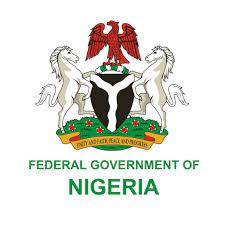In accordance with the provisions of the Petroleum Industry Act 2021, the Federal Government of Nigeria has initiated the process of closing down the Petroleum Equalization Fund (PEF) following the deregulation of the downstream petroleum industry.
The decision to close the fund aligns with the government’s efforts to implement the new regulations outlined in the act. High-level officials from the Nigerian Midstream and Downstream Petroleum Regulatory Authority recently convened a meeting with oil marketers in Abuja to deliberate on the closure of the fund. The discussions primarily revolved around reconciling the PEF accounts and developing a timeline for the closure, which is expected to take place within the next month.
Tunji Oyebanji, former Chairman of the Major Oil Marketers Association of Nigeria, shed light on the purpose of the meeting, emphasizing that it aimed to seek clarification on various issues related to the implementation of the Petroleum Industry Act.
These issues included license applications, quality standards, and the closure of the Petroleum Equalization Fund. Oyebanji also highlighted the need for a thorough reconciliation process to settle outstanding debts, as both individuals and the fund itself have financial obligations that must be resolved before the account can be closed.
The Nigerian Midstream and Downstream Petroleum Regulatory Authority (NMDPRA), established in 2021, represents the consolidation of three previously separate regulatory bodies: the Petroleum Products Pricing Regulatory Agency, Petroleum Equalization Fund (Management) Board, and the Midstream and Downstream Divisions of the Department of Petroleum Resources.
As the Federal Government moves forward with the closure of the Petroleum Equalization Fund, the reconciliation of accounts and resolution of outstanding debts will be crucial steps to ensure a smooth transition. The implementation of the Petroleum Industry Act and the formation of the NMDPRA signify significant developments in the Nigerian petroleum industry, reflecting the government’s commitment to enhancing efficiency, transparency, and regulatory oversight in the sector.















